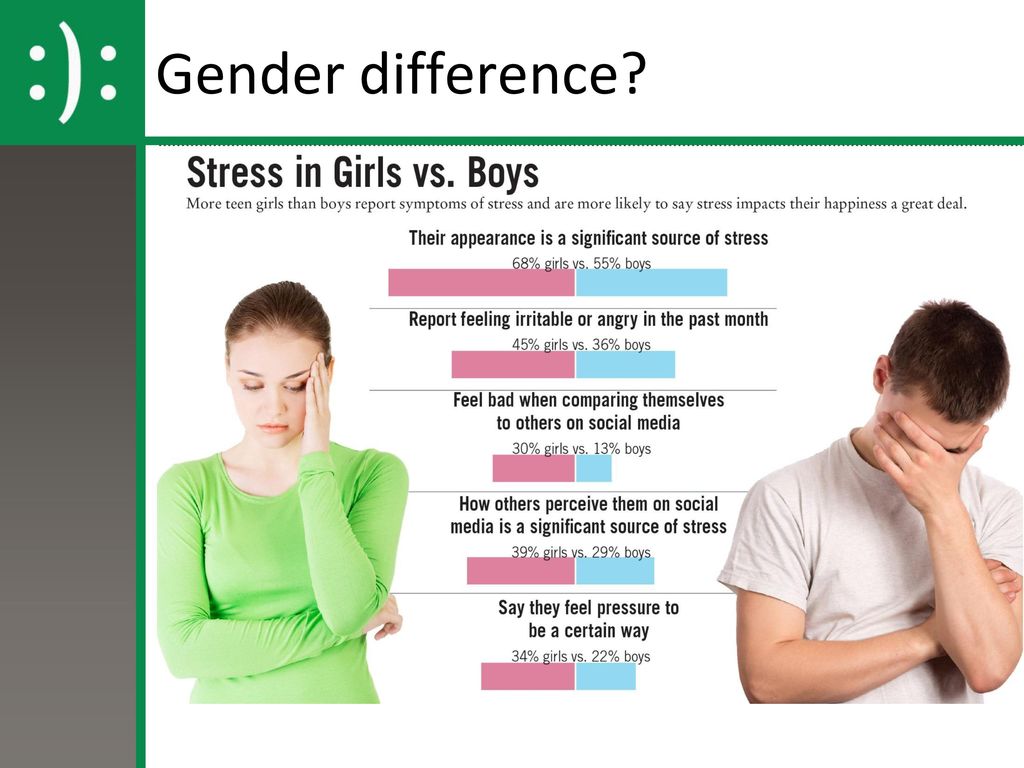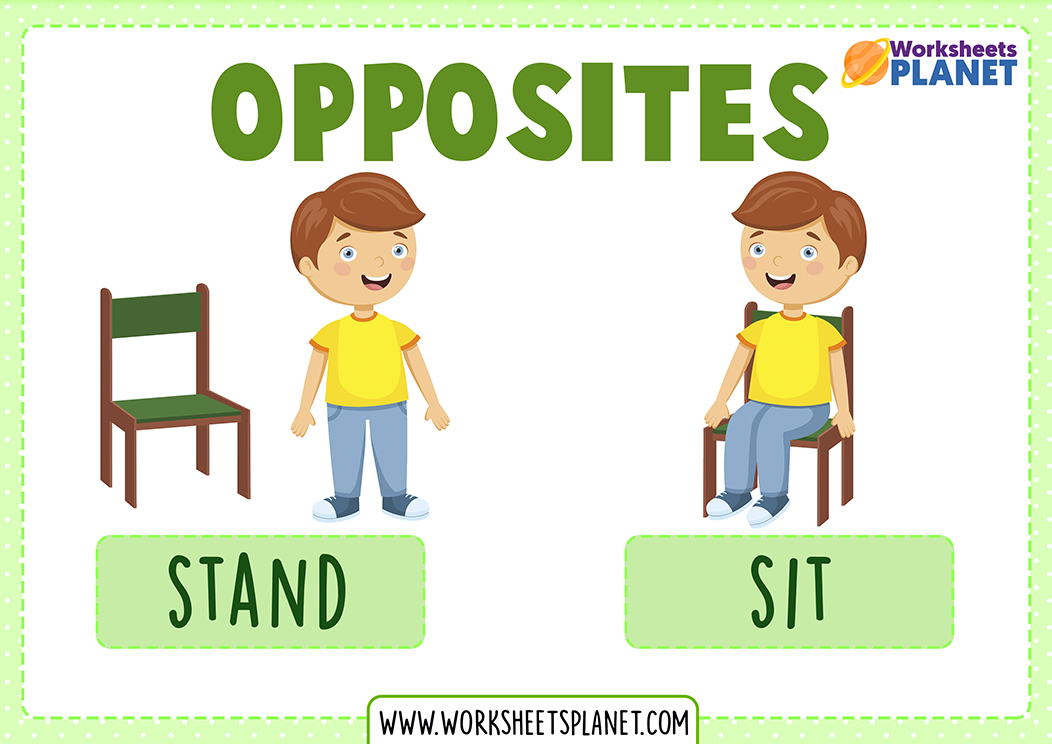How to reconnect after growing apart
How to Reconnect After Growing Apart: 8 Relationship Tips
You can reconnect after growing apart from your partner by paying attention to the little things, having difficult conversations, and following through on your commitments. But that’s just the beginning.
Routine, responsibilities, unresolved conflict, and not spending quality time together are just a few reasons couples grow apart.
“Long-term relationships require ongoing intentionality and commitment,” explains Elyssa Helfer, a licensed marriage and family therapist and certified sexologist in Los Angeles. “We cannot expect to maintain connection when we are no longer creating new contexts for emotional and sexual intimacy.”
Growing apart in a relationship may come soon or a long time after the honeymoon period. It’s also possible to grow apart even if you love each other much, which often adds a sense of confusion and frustration.
“Isn’t love enough?” you may ask. It might not be.
“Relationships are living things which means that they need care and attention,” explains Angela Amias, a couples therapist and co-founder of Alchemy of Love in Cheyenne, Wyoming. “Life gets busy, and as time goes on in a relationship, it’s easy to let life responsibilities and daily tasks get in the way.”
But reconnecting and rekindling the relationship is possible. However, it requires both of you to be intentional.
“It’s never too early or too late to seek help,” advises Marcus Hunt, an associate marriage and family therapist in Spanish Fork, Utah. “If you are willing to make your relationship better and look at yourself individually and what you need to change — rather than just what your partner needs to change — you can make strides in having a healthier relationship.”
If you’ve grown apart but feel ready to start bridging that gap between you and your partner, these tips for reconnecting may help.
It’s natural to avoid some conversations. You may think this might help reduce the chance of conflict. Or perhaps you’ve tried it enough times, and nothing came out of it except an endless argument.
Or perhaps you’ve tried it enough times, and nothing came out of it except an endless argument.
“Many couples find certain topics extremely difficult to open up about,” says Joe Ricciardi, a licensed clinical social worker in Los Angeles. “People will say, ‘well, I didn’t want to hurt their feelings,’ or ‘I didn’t know how they would respond.’”
But what you don’t say may show somewhere else, or it may fuel the distance in the relationship.
“If we hold these things inside, without sharing our feelings with our partner, this choice can set us on a path that leads away from intimacy,” says Ricciardi. “Even the act of being curious about your partner’s feelings can help nourish a stronger bond.”
If you find it difficult to say aloud, consider writing a letter and asking your partner to respond similarly. This way, you can know what the other person feels and thinks and have time to process and respond assertively.
But experts agree on the importance of talking about the difficult stuff.
“It’s your best chance at not growing apart over time,” adds Amias. “Even bringing up the feeling that you’re growing apart as a couple is a step in the right direction. Couples actually feel closer after talking about how they feel disconnected.”
How you reconnect through open conversation may be unique to your relationship. But you can start by saving some time each week to intentionally talk about a given topic.
“Set aside a power hour each week to talk about 3 things your partner did well, 2 things your partner could have done better, and 1 thing you plan to do differently this week,” suggests Renetta Weaver, a licensed clinical social worker, and certified neuroscience coach. “Communication is the gas that will drive your relationship in the right direction and keep it on track.”
Time together equals more opportunities to reconnect after growing apart.
“It’s not important exactly what you do during this time, as long as you’re tuned into each other,” advises Amias.
Try to identify possible distractions and interruptions and be intentional about getting rid of them while spending time with your partner.
“Aim for at least an hour a week, though if you can spend 2 hours together each week, that’s even better,” adds Amias.
If you want to reconnect with your partner, you may think a grand gesture could help. And it can. However, relationship experts suggest the little things in the relationship count the most.
“People think of grand gestures like second honeymoons and big vacations as essential to avoid growing apart,” says Larissa House, a licensed clinical social worker in Los Angeles. “It’s how couples treat each other in the day-to-day that will help keep them connected.”
Some little things that may help you reconnect include:
- expressing gratitude verbally or otherwise
- helping with chores
- showing interest in current events in your partner’s life
- holding hands
- kissing hello and goodbye
- doing something for your partner that helps them rest and reset
“Simple gestures such as responding gently and openly when your partner tries to interact with you […] instead of ignoring them or arguing with them can help you avoid growing apart,” adds House. “That gesture sets the foundation for intimacy, trust, and connection.”
“That gesture sets the foundation for intimacy, trust, and connection.”
True intimacy in a relationship may help you stay connected with your partner, despite conflict or life challenges.
Nurturing all types of intimacy in the relationship requires being intentional about the time you spend getting close.
These tips may help you get closer to your partner:
- physical intimacy: physical intimacy includes sexual intimacy but also involves other physical closeness. Try to touch each other casually but purposefully. For example, holding hands or cuddling while watching TV
- emotional intimacy: consider expressing your emotions and thoughts about what matters to you both
- spiritual intimacy: talking about your beliefs and values as individuals and a couple may help you connect deeper
- mental intimacy: try to respectfully discuss life events, literature, career, movies, politics, and other aspects of your life
“Make it a point to have real conversations, the kind that have no particular destination,” advises Amias. “If most of your conversations tend to stay on the surface or follow a predictable pattern, this is a sign that putting in more effort with conversations will be valuable for your relationship.”
“If most of your conversations tend to stay on the surface or follow a predictable pattern, this is a sign that putting in more effort with conversations will be valuable for your relationship.”
You may feel you know your partner well, particularly if you’ve been together for a long time. But things and people change.
“Learn about each other in the present,” says Ricciardi. “Too often in relationships, we make choices and decisions based around our partner as we knew them originally. But who stays the same, year after year? We all go through enormous changes as we move along in life, marked by experience and maturity.”
Assuming you know everything about your partner may take away the opportunity to share new dreams, aspirations, lessons, or life perspectives.
“Learning about your partner regularly will reduce the chance of surprises,” adds Ricciardi.
To stay up to date on what’s happening with your loved one, you may need to be intentional.
“What might you not know about your partner? Are there areas of growth that even they aren’t aware of yet, unrealized dreams or aspirations, unaccomplished goals?” says Ricciardi. “Getting curious about another person, taking a true interest in their thoughts or desires, even after decades together, can unlock some powerful opportunities to connect (or reconnect), and even create new ways to love one another.”
“Getting curious about another person, taking a true interest in their thoughts or desires, even after decades together, can unlock some powerful opportunities to connect (or reconnect), and even create new ways to love one another.”
Helfer says that seeing your partner in new contexts may help you reconnect if you’ve grown apart. This may require you to plan adventures and activities you may not have done together until now.
“Learning something new together creates a sense of connection, vulnerability, and teamwork,” says House. “As you work together on something new, you will be faced with opportunities to laugh, problem solve, and practice treating each other kindly.”
A new activity can include:
- a road trip to a new destination
- home projects
- a yard sale
- taking a class
- trying a new restaurant
- volunteering at the same organization
“The sense of accomplishment that comes with knowing you did something new together can help you reconnect with your partner,” she adds.
Feeding a sense of trust and reliability may help you reconnect if you feel you’re growing apart from your partner.
“Commitment is the regular maintenance that prevents the engine of your relationship from locking up,” says Weaver. “If you say you are going to do something, try your best to keep your word. This includes things like making reservations for date night, acknowledging and celebrating special occasions, or simply putting the dishes away.”
When you work on strengthening your partnership, your romantic bond may also benefit.
“Couples can even benefit from seeking help prior to problems occurring,” says Helfer. “Engaging in therapy allows for the clinician to see the blind spots in someone’s relationship and can not only help couples work through previously existing problems but can prevent future emotional injuries from occurring.”
Therapy may help to reconnect, especially if you’re having difficulty having difficult conversations or talking about past hurts.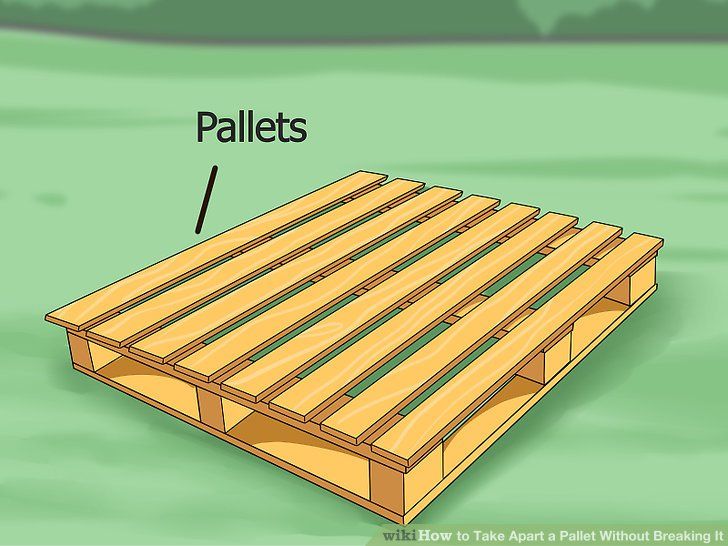
“Often just the opportunity to explore sensitive topics, in a safe and contained forum, can allow couples to speak and be understood, to be listened to and heard,” says Ricciardi.
How to reconnect after growing apart may depend on the specific circumstances affecting your relationship. It may include strategies like having difficult conversations, doing the little things, and seeking professional help.
“When we view our relationships as ever-evolving and commit to them with the intentions that we did upon beginning the relationship, we can fall in love with our partners over and over again,” says Helfer.
11 Things To Do if You're Drifting Apart In Your Relationship, According To Experts
Life
by Carolyn Steber
Michaelpuche/Shutterstock
If you and your partner have been going through a tough period in your relationship, you may start to notice signs that you're growing apart. This can take many forms, including being a little less excited to see each other, or wanting to spend more time on your own. And it can leave you wondering if you're headed for a breakup.
This can take many forms, including being a little less excited to see each other, or wanting to spend more time on your own. And it can leave you wondering if you're headed for a breakup.
The situation can improve, though, if you know what to do — as well as what not to do. The first step? Don't immediately assume the worst. "It's normal to go through periods of drifting apart from each other," Kait Scalisi, a sex and relationship educator, tells Bustle. "The most important part is that you notice it, take steps to course correct, and come back to each other." This is something all couples have to do, since it takes work to maintain a healthy relationship. But it's even more crucial for partners who seem to be drifting apart.
If you can both make a few changes, and put effort into reconnecting each day, your relationship has a chance of getting back on track. But during the process, you'll also want to avoid certain bad habits. When things are rocky, for example, you won't want to blame each other for the disconnect you've been experiencing, since doing so will only drive you further apart.
With that in mind, here are a few things you and your partner can do, as well as a few things you should avoid, in order to improve your relationship.
1
Do Share What You're Feeling
Andrew Zaeh for Bustle
While you won't want to have a super serious, heavy conversation every single day, you should find time to reconnect and chat about how you've both been feeling.
Is your partner noticing the disconnect, too? If so, discuss what you're willing to do to make things feel better. After all, "it may not work with only one of you at the helm," Caleb Backe, a health and wellness expert for Maple Holistics, tells Bustle. You'll both want to be on board to make changes, if this is going to work.
It might even help to see a couples therapist, especially if the problems run deep, or have been going on for a while. With some outside support, you may be able to better navigate your feelings, and decide on the best course of action.
2
Do Spend More Time Together
Once the honeymoon phase of your relationship is over, you might have to put in a bit more effort to keep that spark alive. And that's totally OK. This is what couples do in order to maintain their connection, especially if their lives are getting busy, or they've noticed a disconnect.
And that's totally OK. This is what couples do in order to maintain their connection, especially if their lives are getting busy, or they've noticed a disconnect.
To fix it, "commit to carving out at least 15 minutes a day to really communicate and connect with your partner," therapist Hilary Cobb, LCSW, tells Bustle. You might want to snuggle up to watch a movie. Or make dinner together. Or kiss more often. All of these things, even though they seem so simple, will make a big difference in bringing you closer together.
3
Do Something Special & Unexpected
Shutterstock
In the same vein, you might want to up your game when it comes to showing the love. "Go out of your way to do something unexpected and nice for your partner," Davida Rappaport, a relationship expert and spiritual counselor, tells Bustle. "Plan a romantic evening, leave love notes, send flowers just to say 'I love you.'" Or whatever else your partner might like.
If you show your significant other how much you care, it can help bring you back together.
4
Do Touch More Often
How often do you and your partner touch, outside of having sex? If you sort of sidle around each other in the kitchen, or sit far apart on the couch, it may help to get a little closer.
You may even want to touch more as you talk, couples therapist Theresa Herring, LMFT tells Bustle. "Human beings are wired to connect and touch is a big part of that," she says. By simply making an effort to touch again (because you likely did this a lot in the beginning of your relationship) you're pretty much guaranteed to feel closer.
Don't force it, though. You don't have to hold hands while eating breakfast in order to reconnect. But if you're both intentionally being more affectionate, it can make a big difference.
5
Do Say Hello And Goodbye Every Day
Shutterstock
If you live together and you're both in the habit of rushing out the door each morning and ignoring each other when you get home, now's the time to make a change.
"Greet each other (and say goodbye) with a hug and a kiss," Herring says. "It's an easy way to start prioritizing the relationship again."
And if you don't live together, send a quick "good morning" and "goodnight" text their way, to kick off and end the day. It may sound so simple, but it really is the easiest way to feel more like a couple again, and less like pals who are drifting apart.
6
Do Reminisce About What Brought You Together
To change the negative mood in the room, make an effort to remember why you got together in the first place. "Pull out the photos or the falling-in-love texts and spend some time with them," relationship expert Patty Newbold, tells Bustle. "Or write about something wonderful you did together." It really can help to shift the mood to ones that's positive again.
To take it a step further, you can even try bringing some of these elements back into your life. If you used to go on dates to a favorite restaurant, bring that tradition back. It's so easy to fall into a rut as a couple and drift apart, but especially so if neither of you is making an effort.
It's so easy to fall into a rut as a couple and drift apart, but especially so if neither of you is making an effort.
7
Don't Make Other Things A Priority
Shutterstock
Right now, one of your main focuses should be repairing your relationship — not necessarily going out with friends, or giving attention to somebody else. "It takes time to reverse drift," Newbold says. So for the time being, make it a top priority.
"Give your relationship the time and attention you’d give a brand new relationship," she says. Text throughout the day, call in the evenings, plan fun dates, have sex, get excited about vacations — and things should start to feel better.
8
Don't Complain 24/7
Your partner is there to support you, and you should feel comfortable venting in front of each other. But if you're drifting apart, Newbold says it may be smart to pump the brakes on the complaining sessions, and instead try to keep things light and fun for a while.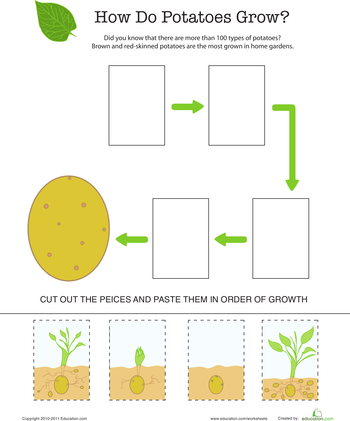
This can be especially helpful if you're going through tough times, and don't want to add to the heaviness in your lives by bringing up petty things, or venting about unimportant things. Once the relationship is back on track, it'll be fine to ask each other for support and advice. But until then, focus on keeping things positive.
9
Don't Argue Constantly Or Put Each Other Down
Shutterstock
Now is not the time to point out all each other's flaws, pick little fights, or give into passive aggressive urges. "Even if your partner does things that drive you crazy, resist the temptation to complain or argue with them," Rappaport says.
It's certainly not up to you to fix the relationship all on your own. But if you have the choice between building each other up and tearing each other down, you should always choose the form, but especially so when things are rocky.
Now's the time to have patience with each other, listen instead of argue, and look for the good side of things.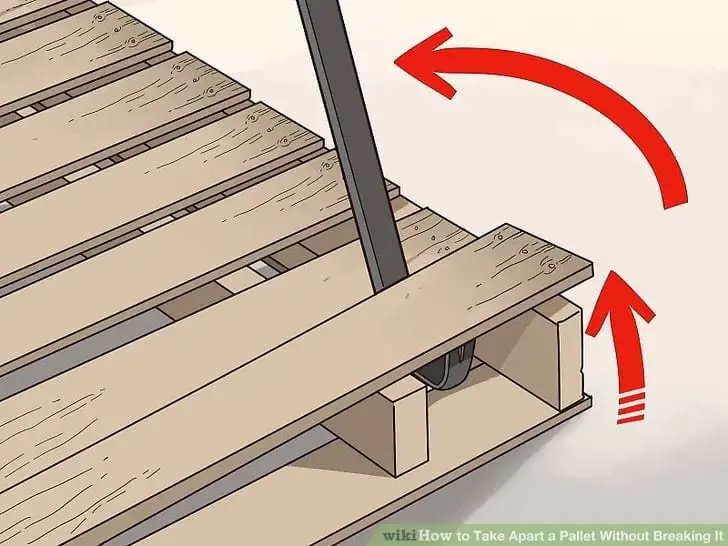 This may help change your perspective, and may even prevent relationship-ruining arguments from forming.
This may help change your perspective, and may even prevent relationship-ruining arguments from forming.
10
Don't Blame Each Other
If the mood has been weird between the two of you, you might be tempted to blame each other, or argue about whose fault it is. But the last thing you want to do is blame each other.
"In the end who started drifting away first, or who caused who to drift away, are useless arguments," life coach Kendra Davies, tells Bustle. "If you both want the relationship, focus on solutions."
Instead of pointing figures, talk about why you've been drifting apart, and the best ways to come back together again. Stay on the same team, even if you're upset, and it may be possible to get through this.
11
Don't Ignore the Elephant In The Room
Shutterstock
If your partner is doing something that indicates they're drifting away — like, maybe they are sulking off to another room, when usually you'd be hanging out — say something about it, instead of ignoring it.
"If you and your partner are drifting apart, ignoring the problem and hoping it will go away will not only make the situation worse," Rappaport says, and at some point down the road, things may blow up into an argument, which could also increase your problems and speed up the end of your relationship.
So speak up. Let your partner know you'd like to reconnect and put more effort into creating a better relationship. If you'd both like to feel closer, it's certainly possible to do so.
How to renew a relationship after a breakup: working recommendations from a psychologist
The first attempts to reunite after a breakup can be very different and are mainly related to the reason for this very breakup and how exactly it happened. Psychologist Ekaterina Sigitova tells where to start if you decide to be together again, what to avoid, and what to pay special attention to.
Ekaterina Sigitova, psychotherapist
Rawpixel
The second attempt may be successful - and these tips will definitely come in handy.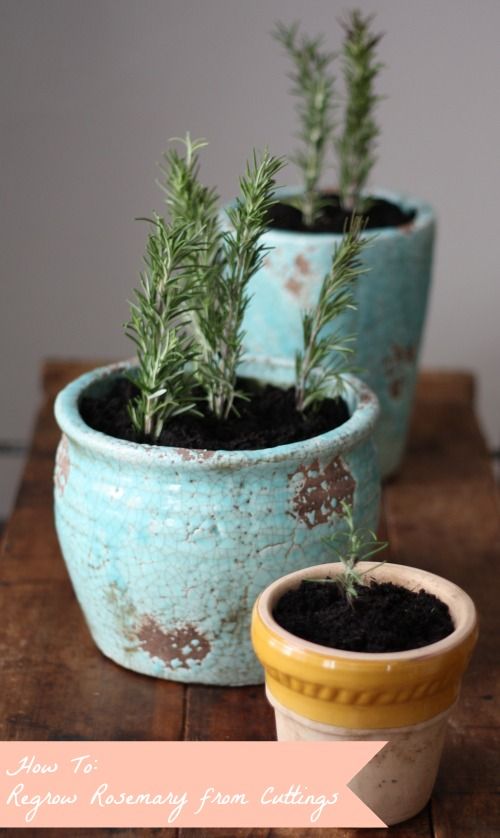
Contents of the article
Be careful and careful
The fact is that a possible “second wave of love” is even more powerful than the love of the first months of acquaintance! So, first of all, you should make sure that you are not swirled in an emotional whirlwind too much, so that both of you do not commit rash acts that you can later regret. This, for example, may be the conception of another child or a new joint business - such ideas in such a period are not the best choice, and it would be wiser to wait for a more stable phase in the relationship.
This does not mean that the "tidal wave" of passion and excitement should be completely ignored. Of course, enjoy - it's very nice, but both keep your finger on the pulse.
Take care of yourself
The remaining resentment, trauma, anger and anger at the former partner is, on the one hand, quite normal, because both of you have gone through a lot.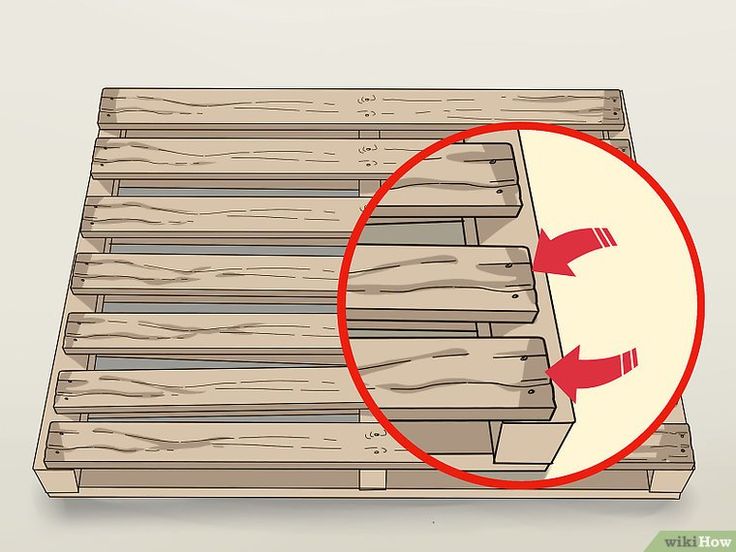 But, if these old wounds are not in a hurry to turn into scars, but interfere with you, if they, like ghosts, constantly loom in everyday situations, if they continue to hurt and even cause a desire to take revenge, you should take this seriously and take care of your psychological state. The two of you can go to a family counselor or try individual psychotherapy - for the spouse who feels that everything is not yet over.
But, if these old wounds are not in a hurry to turn into scars, but interfere with you, if they, like ghosts, constantly loom in everyday situations, if they continue to hurt and even cause a desire to take revenge, you should take this seriously and take care of your psychological state. The two of you can go to a family counselor or try individual psychotherapy - for the spouse who feels that everything is not yet over.
Don’t remember the breakup itself
The temptation to reproach your spouse with the fact that you had to go through a breakup because of him is very strong, especially in moments of quarrels (and there will definitely be, because the reunion of a couple is not a magic pill for all past problems) . But this should be avoided if possible. Firstly, the partner also experienced a lot. It doesn’t really matter who exactly initiated the breakup and why everything happened that way - in the end, both suffered, and both also deserve sympathy. Secondly, and most importantly, the abuse of such reproaches can lead to the fact that both you and your husband will regret your decision to get back together.
Secondly, and most importantly, the abuse of such reproaches can lead to the fact that both you and your husband will regret your decision to get back together.
So, if your memories of the separation period itself and its cause still hurt you, treat them more carefully: think it over for yourself or “take it” to a friend or friend, mother, specialist. But don't blame your partner.
Focus on the good things that were in your relationship
Western family counselors believe that even if there were few such good things, for example, no more than 10%, then this is still a very worthy basis for further changes. But surely there was much more good in your couple! Try to remember this: about how you met, how you liked each other and why you fell in love, where you went, how you fooled around, and how many sweet and touching moments there were in your life together. Do not forget to remember what is in your partner, his personal qualities for which you chose him!
It's great if such memories are shared: for example, arrange an exchange of memories in the evening over a glass of wine. All this may well become relationship cement, which will help to treat this new attempt with a positive attitude, keep you together.
Thank each other
Gratitude is a very pleasant and tender feeling. It has the power to heal many wounds, both yours and that of your loved one. Say “thank you” more often, because there are, in fact, a lot of reasons for this: for being so attentive to you, for being with you, for his participation in your affairs, for love and care, for patience and understanding. Yes, just because you have it.
Create new shared memories
Shared experiences are essential to any relationship. In a couple reunited after a breakup, part of this shared experience, unfortunately, has taken on a negative connotation. That is why you, like air, need new positive impressions. The dark colors of the past are desirable to be "covered" with more joyful and lighter shades of the present. For this, trips to new places, a new joint hobby, training courses, some new projects are suitable. Spend more time with your children, come up with something interesting and enjoyable that you haven't had in your life before. Expand your "library of impressions"!
For this, trips to new places, a new joint hobby, training courses, some new projects are suitable. Spend more time with your children, come up with something interesting and enjoyable that you haven't had in your life before. Expand your "library of impressions"!
Reconsider the agreements
To revise means, firstly, to take an inventory: is what you agreed on and what was implied at the very beginning of the relationship still relevant today? Perhaps your roles or family composition have changed. Perhaps you yourself have changed a lot, and now you need something completely different from your partner. Perhaps the breakup taught you something, and now it is necessary to speak out new wishes and expectations.
Draw the right conclusions
The fact that you decided to get back together does not mean that all the problems and roughness that were in the relationship disappeared on their own or now you just need to forget about them.
On the contrary, it is better to use a different tactic here: use your breakup and reunion as a "reboot point". Think about what did not suit you before, what caused you (perhaps) to part ways: in relationships, in yourself, in a partner, in various joint situations. Draw conclusions from this: something must be corrected, because it is impossible and not desirable to endure it anymore, and some things obviously will not change, so you will have to learn to treat it differently or just accept it as it is. Offer to do the same “work on mistakes” to your newly acquired partner. It will be very helpful for both of you!
Apologize and admit your mistakes
This point directly follows from the previous one: the fact is that even if one person decided to break off the relationship and one person is mainly to blame for this, there is always a contribution of both to common problems . This contribution can be different, and it can be difficult to acknowledge it out loud, in front of a partner. But sincere apologies and the willingness to work on your mistakes are very important. This is the balm that is simply necessary for two wounded hearts. Let each other feel that despite the fact that you hurt, you are sorry about it and are ready to change.
But sincere apologies and the willingness to work on your mistakes are very important. This is the balm that is simply necessary for two wounded hearts. Let each other feel that despite the fact that you hurt, you are sorry about it and are ready to change.
Make plans for the future
It's not just about which summer camp the kids will go to or which refrigerator to choose, but what you both want to see in your future together, and what would be better to avoid? How can you both improve your relationship? How do you plan to move forward and in what direction? Discuss.
Talk and listen
This is very common advice, but just as commonplace, many couples continue to ignore it. Meanwhile, this is the psychotherapeutic function of relationships - the ability to share with a partner your feelings about what is happening between you, and give each other verbal feedback. This is the same "glue" that gives people the ability to cope with crises, with shocks, with the usual daily routine. You can definitely avoid a lot of problems if you periodically talk - honestly, sincerely, heart to heart.
This is the same "glue" that gives people the ability to cope with crises, with shocks, with the usual daily routine. You can definitely avoid a lot of problems if you periodically talk - honestly, sincerely, heart to heart.
In general, all these recommendations describe one simple thing: people do not choose each other by chance. And if you have already been together for some (perhaps a very long) time, then your partner and your relationship are already worth making every effort to restore them.
Let everything work out!
What psychologists think about the trend of reuniting the former
Psychology
The most unpleasant thing in a relationship, of course, is parting. It is difficult to imagine a person who managed to avoid such a test. The gap is painful, because both the heart and the mind refuse to believe that everything that connected you suddenly ceased to make sense, as if your great love did not exist at all.
The grief of parting gets stronger the more you convince yourself that it's all over and it's forever. You need to survive this drama, the unjustified betrayal of your love, and live on, despite the thorn in your heart. Someone seeks support from friends, someone, on the contrary, strives for hermitage, but time and a method based on the ancient Russian saying “knock out with a wedge” are the most successful with healing after a break. Starting a new relationship takes the pain out of an old one.
Perhaps it would be easier to endure the end of the relationship if there was a glimmer of faith in the depths of the soul: nothing, everything will work out, someday we will try again. The idea of comforting yourself from a painful breakup in the arms of a long-time ex also seems very natural. It's like coming home after a romantic odyssey, convincing yourself that you once managed to make the right choice.
A new round in the relationship between Jennifer Lopez and Ben Affleck is a vivid example of returning to his/her ex in order to forget about the failure of a recent connection. J. Lo broke up with baseball player Alex Rodriguez last spring, and Ben has been wandering from girlfriend to girlfriend for several years after his divorce from Jennifer Garner.
J. Lo broke up with baseball player Alex Rodriguez last spring, and Ben has been wandering from girlfriend to girlfriend for several years after his divorce from Jennifer Garner.
“Bennifer's reunion 15 years after the breakup of their engagement confirms the fact that the temptation to return to the arms of a former love intensifies in the ruins of a recent relationship. - comments psychologist Anna Balukova. - The hope for the revival of the former connection seems comforting, because it is common for people to feel discomfort from the destruction of something, especially if it took years to create and strengthen your union. You have gone through many wonderful and sad moments together that will always bind you, whether you are together or not. The feeling of longing for lost happiness can be exacerbated by subsequent, not very successful relationships.
Statistically, reunion with an ex is not a rare trend, and by no means new: about 50% of broken couples are not averse to getting back together, according to a study published in the Journal of Social and Public Relationships. Months and even years after separation (it doesn’t matter if you spent them alone or with someone else), no one is immune from thoughts “I wonder if he thinks of me ...”, “I can just write to find out how he ... "," Maybe he has matured, and now we could succeed ... "or" What if we have a chance to start over ... ". It is difficult to predict the development of events, but this happens all the time, ask your girlfriends. The only question is, is it good or bad? And why does this even come to mind?
Months and even years after separation (it doesn’t matter if you spent them alone or with someone else), no one is immune from thoughts “I wonder if he thinks of me ...”, “I can just write to find out how he ... "," Maybe he has matured, and now we could succeed ... "or" What if we have a chance to start over ... ". It is difficult to predict the development of events, but this happens all the time, ask your girlfriends. The only question is, is it good or bad? And why does this even come to mind?
Why there is a desire to be together again
“Let's be honest: the idea of starting over comes from indecision. Most likely, you were initially not sure about your breakup, explains Evgenia Smolenskaya, clinical psychologist at the Mental Health Center. - Maybe the breakup did not occur on your initiative, and you are still tormented by a feeling of understatement. Or the end of the relationship was accelerated by circumstances that deprive you of the opportunity to be together - for example, you are fed up with love at a distance.
In any case, your pull back is quite understandable from a psychological point of view. It's always nice to go back to where you felt good and immerse yourself in familiar hugs, touches, smells, sounds. At the same time, you are intrigued by what could have changed in a dear person during your separation - in fact, you are not expecting a resumption of old relationships, but the beginning of new ones, from scratch, even with someone you knew well in the past.
Is reuniting with an ex even a good idea?
Remember once and for all: never go back to your ex if without him you feel empty or somehow inferior, as well as the lack of someone to take care of. The common metaphor “you complete me” has a destructive power in real relationships. A happy and harmonious union is usually obtained from two whole and self-satisfied personalities. Sounds trite, but it's true.
Secondly, if your ex (husband, boyfriend, quivering lover or perverted intriguer) does not even think about changing the behavior that contributed to your breakup, do not flatter yourself about him - a familiar ending awaits you.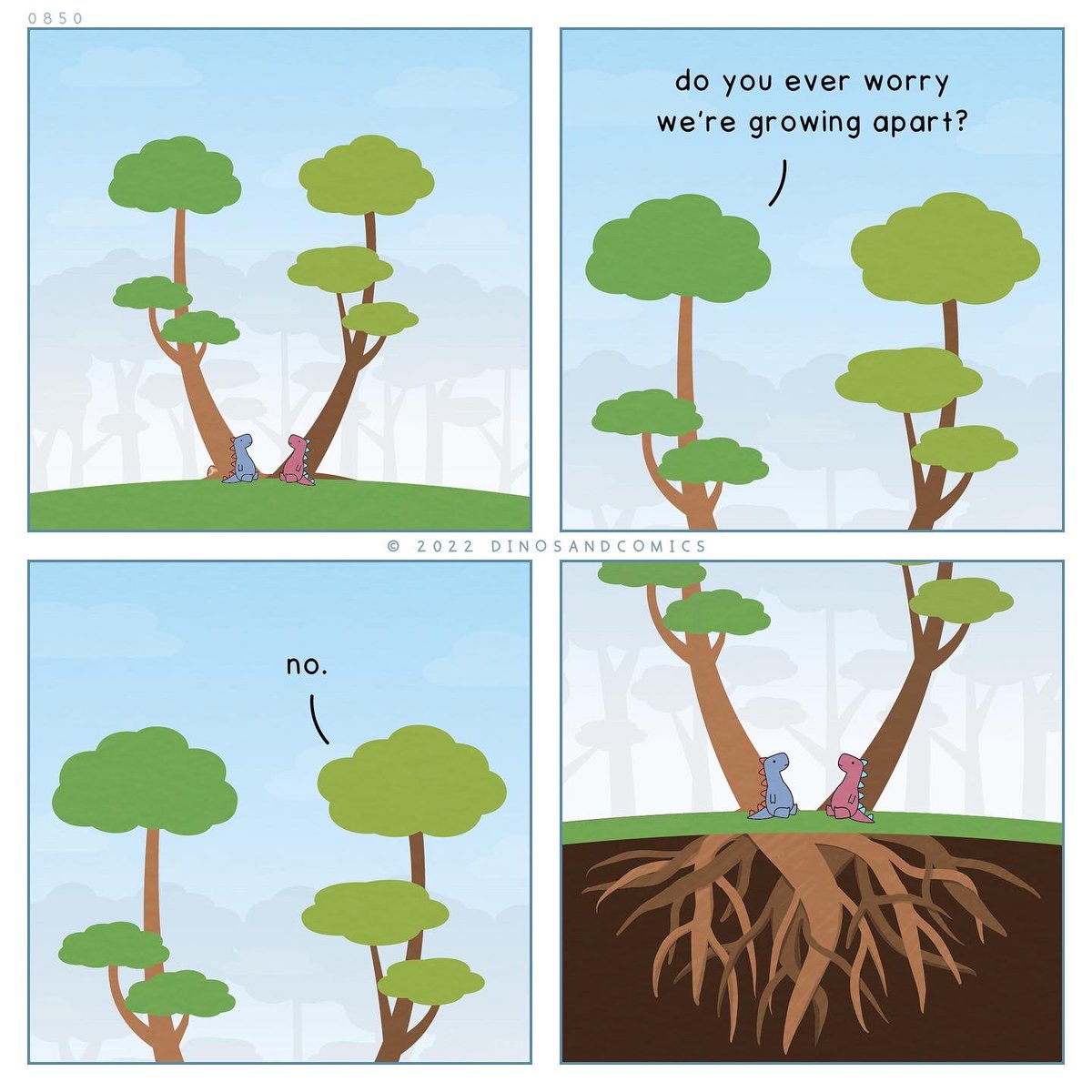 Sometimes the union of the most wholesome personalities succumbs to the oppression of toxic and even offensive dynamics, and in this case, ending the relationship will be the only right decision.
Sometimes the union of the most wholesome personalities succumbs to the oppression of toxic and even offensive dynamics, and in this case, ending the relationship will be the only right decision.
In the end, it's up to you to decide how obvious the advantages of getting closer to the hero of the old novel are. And thirdly, do not console yourself with the illusion that you are about to plunge into the turbulent waves of your former passions. There will be no repetition - time has passed, and both of you have changed. Ben, by the way, has become wiser and more solid, and J. Lo - cooler than ever.
Things to think about before rekindling a relationship
If you still really want to get back with your ex, here's what experts advise before taking this bold step:
1. Tell yourself honestly and clearly why you want this. Are you curious? Do you want to close the gestalt? To try one more time? Find solace? Revenge? Do not forget that the resumption of communication due to illusory plans to change a partner does not bode happy prospects.







